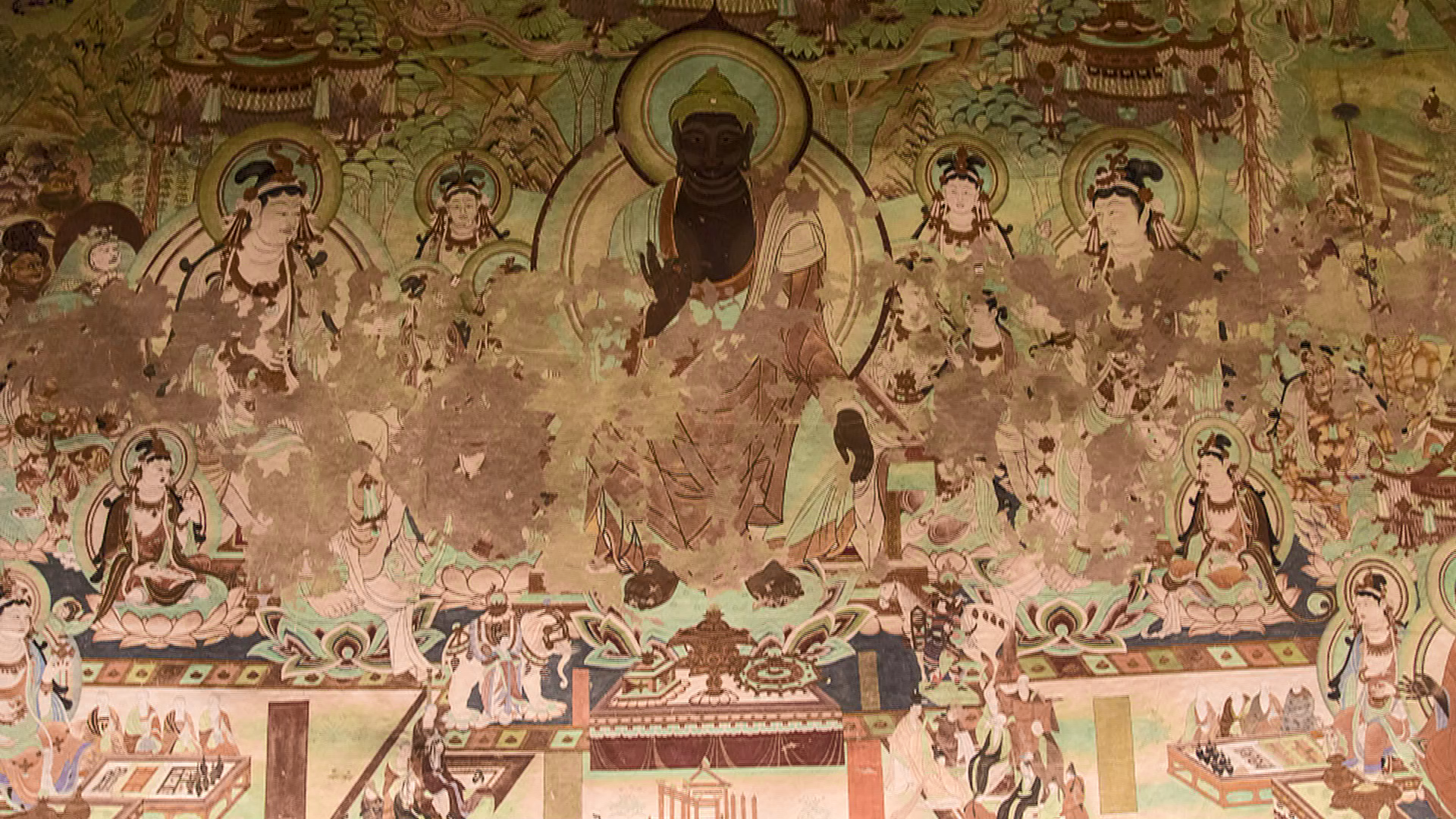The ongoing dispute between the UK and Greece regarding the repatriation of cultural artifacts is intensifying. Despite it being a globally well-known museum, the majority of its collection comes as a result of colonial expansion and war plunder. Recently, the British Museum has once again become the focus of international attention.
Over the years, countries including China, Greece, Nigeria, Ethiopia, Egypt and Chile have persistently sought the return of relics from the British government. On Chinese social media platforms, there have also been calls for the British Museum to return relics from China, especially those obtained through colonial expansion and war looting.
According to UNESCO, there are at least 1.64 million pieces of Chinese relics housed in over 200 museums around the world. The British Museum alone holds over 23,000 of them. Three of its top ten treasures are from China - the "Admonitions of the Instructress to the Court Ladies," the Dunhuang murals and the David Vases.
While labeled as having a "legal" origin, many of these artifacts were acquired through war, theft and black-market purchases, primarily within the 100 years from the Opium Wars to the founding of the People's Republic of China.
During the Opium Wars, the centuries-old Yuanmingyuan Park in Beijing was burned down and extensively looted, resulting in the loss of numerous artifacts, some of which ended up at the British Museum, including bronze sculptures, porcelain, jade ware and paintings.
In 1900, the Eight-Nation Alliance invaded China under the pretext of protecting their interests. But they engaged in brutal pillaging activities.
Starting in 1907, individuals from Britain, France, Japan, Russia and the US arrived in China's northwestern region, under the guise of "scientific exploration" and "adventure." They employed various means to "acquire" precious manuscript paintings from Dunhuang's Mogao Caves at low prices.
British explorer Marc Aurel Stein took 24 boxes of scrolls, 5 boxes of silk and mural paintings, and 570 literary works during two visits. Now, the British Museum houses 13,700 Dunhuang relics, holding the world's largest collection.
As of August 2023, the British Museum's online database lists 2.2 million items from 212 countries, including relics from Iraq, Italy, Egypt, France, Turkey, Germany, Greece, India and China.
Despite requests for the return of the treasures, the UK has declined, citing the "protection of cultural safety" based on the 1963 British Museum Act, which prohibits returning items from the collection.
But in August this year, it was revealed that about 2,000 treasures from the British Museum have gone missing, some of which were even being offered for sale online. People have questioned the museum’s ability to protect its collections.
In addition to Greece's call for the repatriation of the Parthenon Sculptures, Nigeria is also seeking the return of its Benin Bronzes. Meanwhile, the Rapa Nui people of Easter Island off the coast of Chile also demand the return of their "moai" statues.


